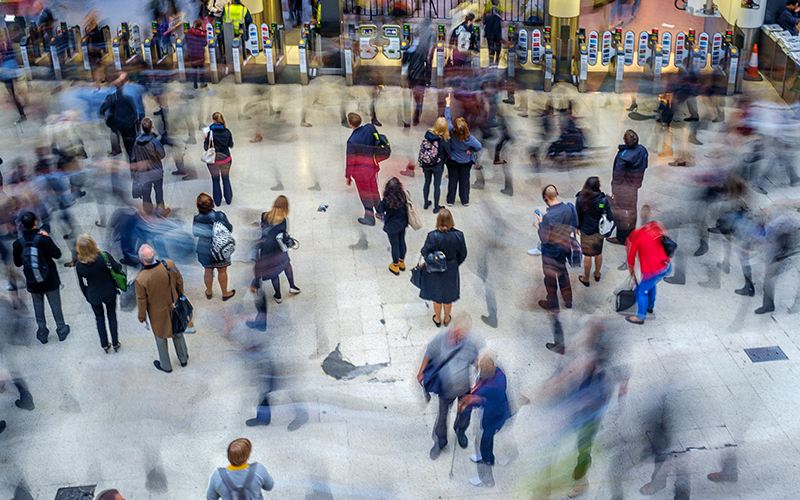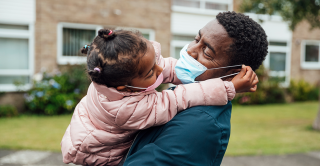Working class young people still often rely on luck for social mobility
By Blog Editor, IOE Digital, on 13 June 2023

Credit: Kues1 via Adobe
This article was originally published on Wonkhe.
What is the secret of social mobility? How and why do some working class young people “go against the grain” to succeed educationally?
Our recent ASPIRES study, based at UCL, found that luck seems to play a key role in creating opportunities for social mobility.
The study draws on insights from over 200 longitudinal interviews conducted with 20 working class young people and 22 of their parents over an 11-year period, from age 10-21. (more…)
 Close
Close





